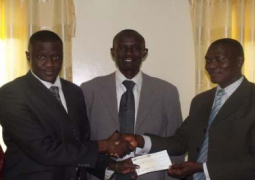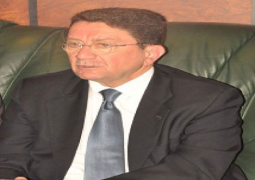In his address, prosecutor Jammeh told the court the accused persons, Alagie Marong and Fakebba Fatty, were alleged to have broken into a building and stolen.
To prove his case, the prosecution called two witnesses and also tendered exhibits without any objection from the accused persons, he said.
He said the prosecution presented the chainsaw machine in support of the charge, adding that the testimony of the prosecution witnesses had established the fact that the chainsaw machines were found with the third prosecution witness (PW3).
He said PW3, in his evidence, said the chainsaw machine was sold to him by the second accused person, and the machines were tendered in court without any objection from the defence.
Sgt Jammeh said it was common law principle that exhibit tendered in evidence “does not require any further proof”.
He said that due to the above common law principle, the prosecution was not under any obligation to establish the fact that the two chainsaw machines were in fact owned by PW1.
At the stage of the trial, the accused persons did not deny that the two chainsaw machines were not owned by PW1.
Therefore, he added, the prosecution witnesses’ testimony were consistent and credible, and urged the court to treat them as credible witnesses.
He said PW1, in his evidence, adduced that it was the second accused person who gave the chainsaw machines to the 1st accused person to sell.
“Therefore, I urge the court to call on the accused persons to enter into their defence,” he said.



